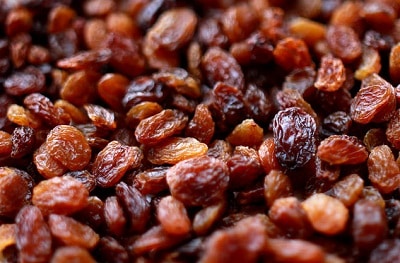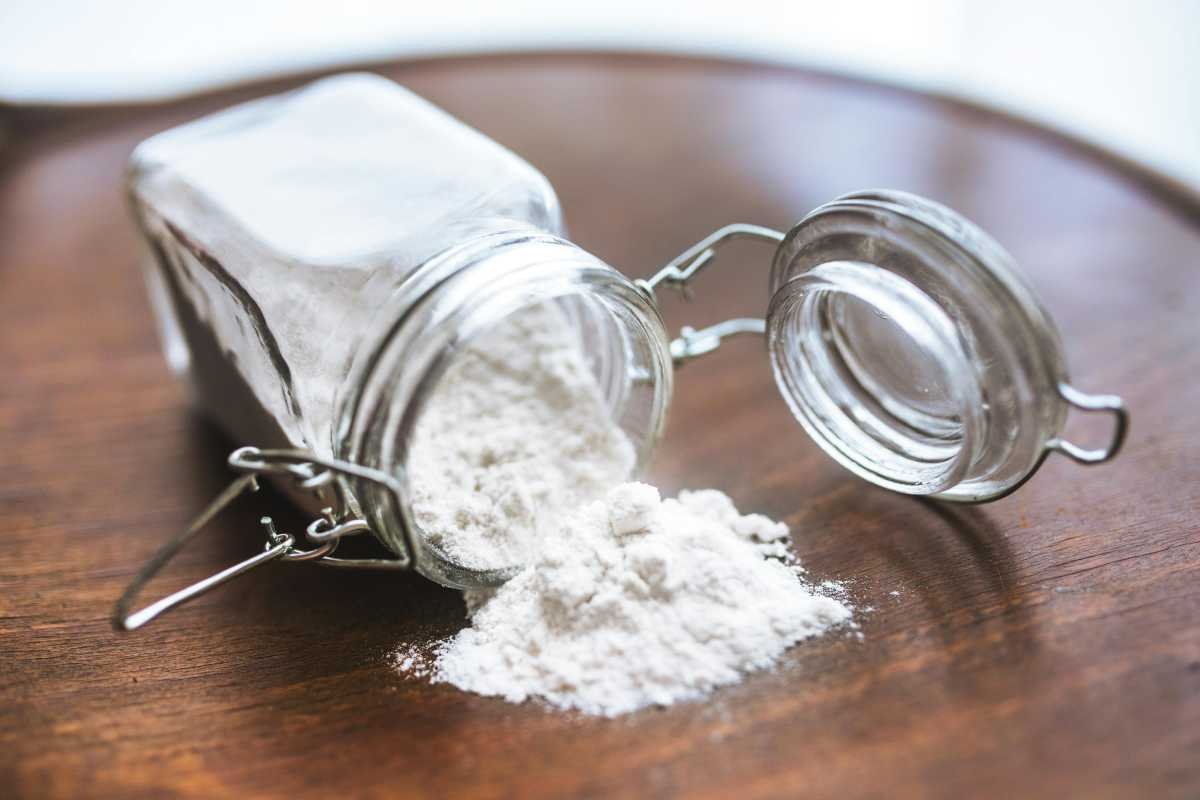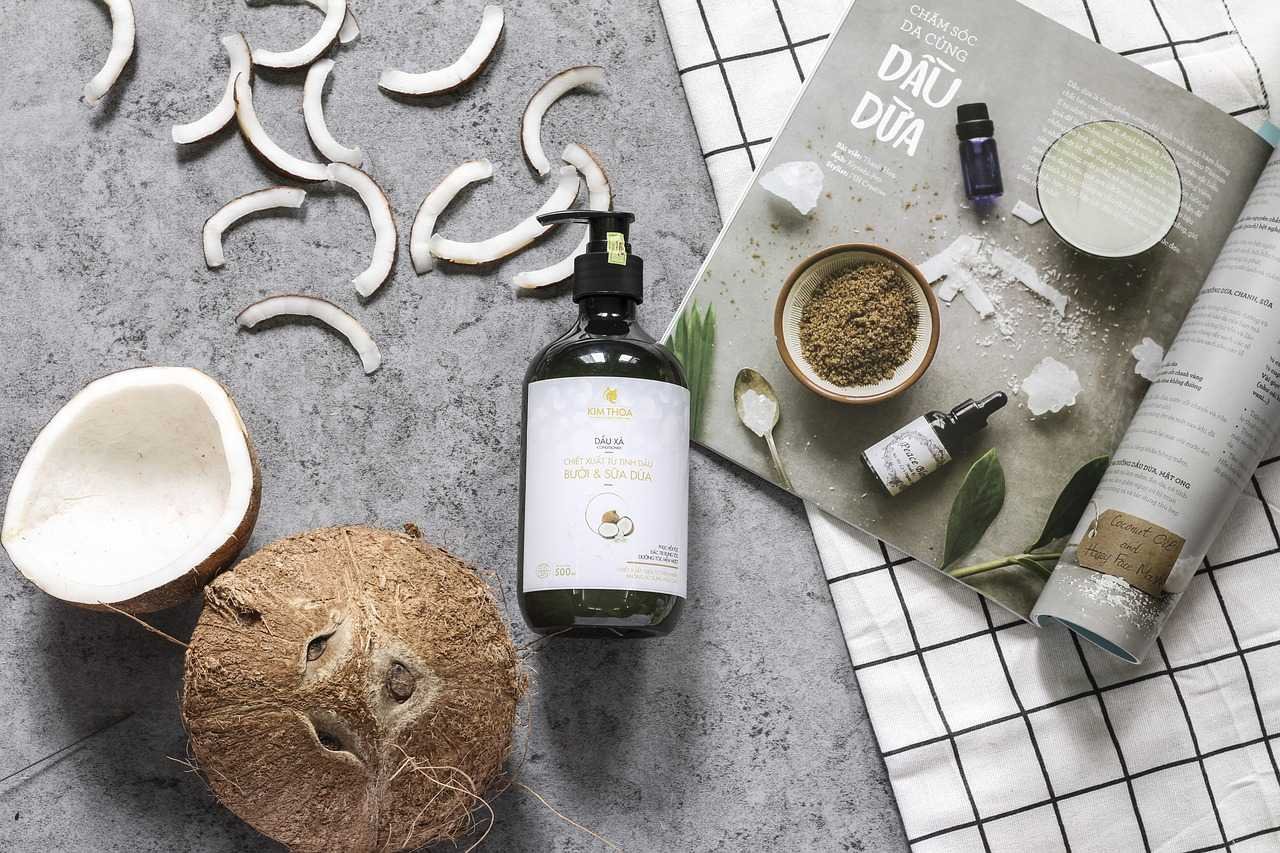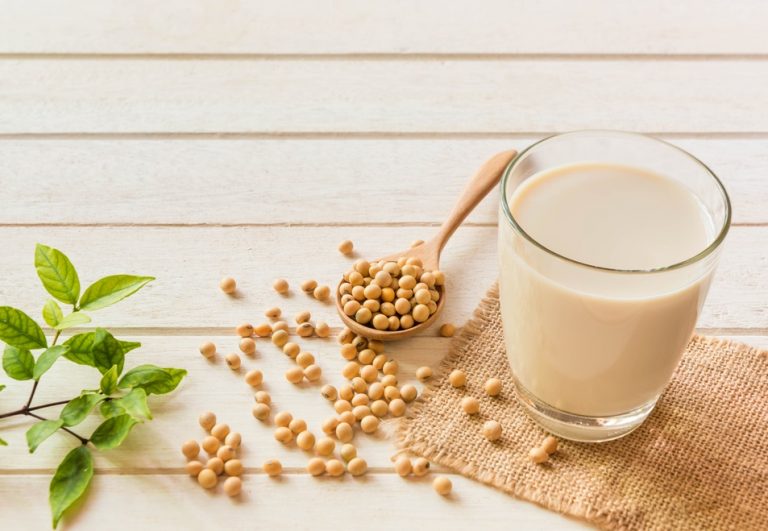7 Health Benefits of Raisins
Raisins, or dried grapes, are not just a sweet snack but also a powerhouse of nutrients that offer a variety of health benefits. Packed with vitamins, minerals, antioxidants, and fiber, raisins can play an important role in boosting your health. Here are seven compelling health benefits of adding raisins to your diet: 1. Rich in … Read more










